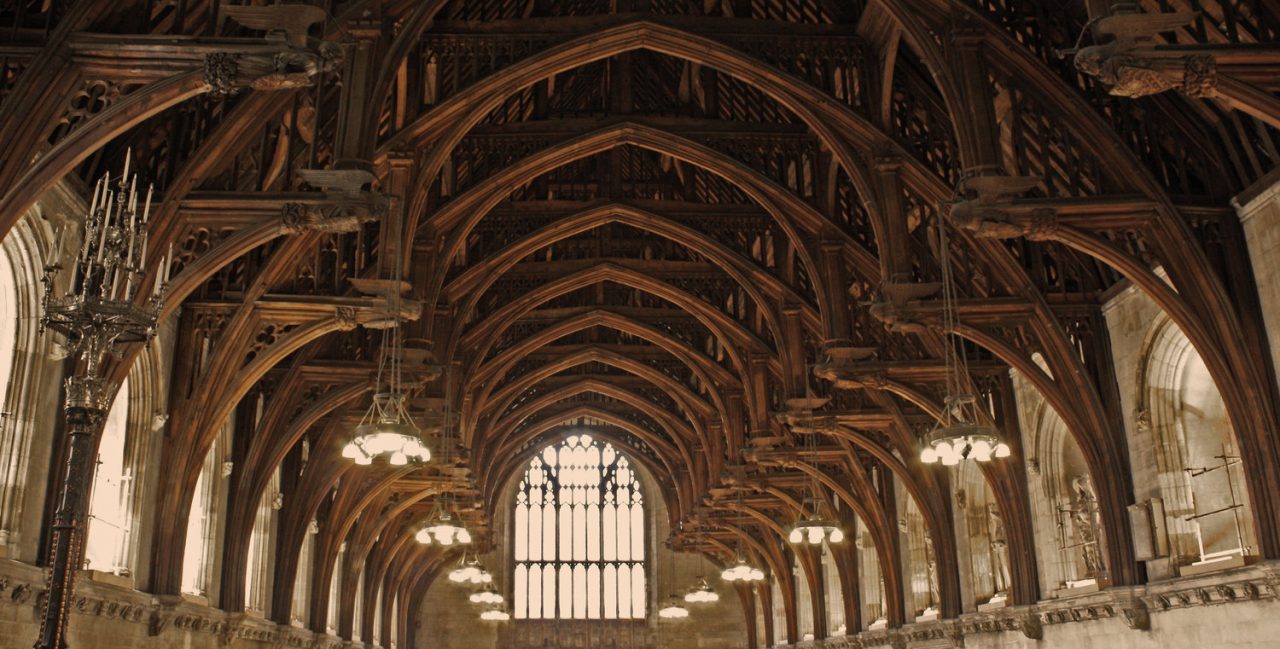
Following up on earlier posts on Charlotte, Victoria and Sophie of Prussia, today we are going to look at the youngest of Empress Frederick’s daughters, Margaret.
Continue reading “Vicky’s Daughters, the Kaiser’s Sisters: Margaret of Prussia”


Following up on earlier posts on Charlotte, Victoria and Sophie of Prussia, today we are going to look at the youngest of Empress Frederick’s daughters, Margaret.
Continue reading “Vicky’s Daughters, the Kaiser’s Sisters: Margaret of Prussia”

As noted on Monday, we’re taking a look at the daughters of Empress Frederick (eldest daughter of Queen Victoria). Today we’re going to cover the second of four German princesses: Victoria of Prussia.
Continue reading “Vicky’s Daughters, the Kaiser’s Sisters: Victoria of Prussia”

The most famous of Empress Frederick’s children is without a doubt Kaiser Wilhelm II. Ironically, this would also be the child with whom she had the worst relationship, for all told she produced eight children, six of whom reached adulthood. A year ago, I posted about her daughter, Sophie, who would end up marrying into the Greek Royal Family and became the Queen of the Hellenes in the lead up to World War I. Over the course of this week, we’re going to take a look at her three other daughters: Charlotte, Victoria and Margaret.
Continue reading “Vicky’s Daughters, the Kaiser’s Sisters: Charlotte of Prussia”

If there was one element that impacted the psychological makeup of Edward VII more than any other it was the fact that he was a disappointment to his parents, Queen Victoria and Prince Albert. That’s not conjecture – it was something they took pains to verbalize to him, write to him and discuss about him to others. His complete and total failure to meet their exacting and lofty standards for a perfect prince and heir was so plainly understood by the entire Royal Family and the Queen’s government that it practically howls off the historical record.
Continue reading “Edward VII, Nellie Clifden & a Huge Overreaction”

Recently we discussed changes to the succession laws in 2013 that allow the eldest child, not just the eldest male, to inherit the crown. Because the rules aren’t retroactive, Princess Charlotte is the first female member of the British Royal Family to directly benefit from the rule change, meaning that even if she is followed up by a younger brother, he won’t trump her in the line of succession.
So, in honor of that, we’re going to go back and look at the elder daughters who could have ruled if absolute primogeniture had been in place from the get-go – well, from the Norman Conquest.

Today, in 1870, Victoria, Crown Princess of Prussia gave birth to her sixth child, Sophie, at the New Palace in Potsdam. Victoria, or “Vicky,” was the eldest daughter of Queen Victoria and wife of Crown Prince Frederick “Fritz.” The new baby joined three older brothers and two older sisters – a fourth brother, Sigismund, had died from meningitis at the age of two.
More importantly, Sophie was born as the Franco-Prussian war broke out. Her christening was attended by Prussia’s highest-ranking men in full military dress, including her father and the political thorn in his side, Otto von Bismarck. By the next year, the war was over and Prussia reigned supreme – her grandfather, Wilhelm I, was duly anointed Emperor of a unified Germany and Europe was never the same.
Continue reading “Sophie of Prussia: The German Queen of the Hellenes”

For those that saw the finale of the ITV series “Victoria,” you saw the birth of Queen Victoria and Prince Albert’s first child. That infant would grow up to be one of the most accomplished princesses that the UK ever turned out, one groomed to take on the role of bridge between Britain and Germany and hopefully facilitate an understanding between the two growing empires.
That she failed was through no fault of her own, but rather a series of developments neither she nor her parents foresaw before her arrival at the Prussian court in 1858. Remarkably intelligent, painstakingly well-educated and thoughtful, it remains a tragedy that Vicky and her husband, Emperor Frederick III, “Fritz,” would only sit on the German throne for 99 days after a 30-year wait. Even more so when one looks back with hindsight, knowing that the crown would be inherited by their son, Kaiser Wilhelm II, who would shove the empire into World War I and eventually bring about the monarchy’s abolishment.
Continue reading “Vicky, Fritz & the Fate of the German Empire”

On January 27, 1859 Queen’s Victoria’s eldest daughter, Victoria, gave birth to her first child at the Crown Prince’s Palace in Berlin. The birth was difficult: There was a delay in alerting doctors that the princess was in labor, doctors were hesitant to physically examine her and the baby was in breach. After a long and complicated labor, during which the lives of both mother and child were in danger, a son was delivered.
Unfortunately, it soon became clear that the baby’s left arm had been badly injured at birth due to Erb’s palsy, a condition that causes paralysis from nerve damage. Victoria, known as “Vicky” to her family, and her husband, Prince Frederick of Prussia, “Fritz,” were horrified – delivering a less than physically perfect heir to the Prussian throne was viewed as a personal failure by Vicky and raised concerns about the ability of their son to thrive in a masculine, militant court atmosphere.
Continue reading “Kaiser Wilhelm II’s Britishness (And Left Arm)”